Cushman: Plea Deals Make a Broken Justice System Worse
May 18, 2021
I’ve always been into true crime. Every true crime fan knows that in many cases, defendants are offered a plea deal, a compromise with the prosecutor to lessen charges or lighten a sentence. But plea bargains are not just offered to defendants in high-profile cases that become true crime shows. More than 97% of federal criminal cases and 94% of state criminal cases are settled with a plea bargain. This huge role they play in our legal system has serious consequences for the kind of justice our courts serve.
The constitution establishes the right to trial by jury as a foundation of our nation. Yet most people charged with a crime waive that right by accepting a plea deal. Former Supreme Court Justice Anthony Kennedy wrote, “In today’s criminal justice system … the negotiation of a plea bargain, rather than the unfolding of a trial, is almost always the critical point for a defendant.” Plea bargains were practically unheard of prior to the Civil War. Afterwards, as many Americans and immigrants alike moved into cities, crime rates rose and the plea deal was born. Today, our justice system grows even more severely overburdened because of the war on drugs and tough-on-crime policies, which further increase the use of plea bargains.
Plea deals now serve as the lifeblood of our legal system, but there are many reasons a defendant might take them that have nothing to do with justice. For instance, the normalization of overcharging defendants also makes the use of plea deals more common. By charging a defendant for as many crimes as possible for one offense, prosecutors can use those charges as bartering tools, offering to lighten charges in exchange for a guilty plea. This practice demonstrates exactly how fear motivates the decision to take a plea bargain. Rather than fighting to receive justice in their cases, many defendants make uninformed decisions, which has the unfortunate effect of pushing innocent people into pleading guilty. Money also determines whether or not a defendant takes a plea deal. Our justice system should serve everyone equally, but money often decides the quality of justice a defendant can receive. Those who can’t afford a good lawyer worry that a public defender won’t be able to help them win at trial.
For other defendants, even going to trial with a public defender is not an option. People in jail who cannot afford to post bail often prefer a plea deal to losing their job and failing to pay rent as they await trial. That was the case for Shondel Church in 2016. According to the Atlantic, although his public defender felt good about winning at trial, Church couldn’t afford to stay in jail for the six months it would take to prepare since he had four children to provide for. So he pled guilty to a misdemeanor and was released with two years of probation and a $2,600 bill for his time in jail.
Lawyers will also push defendants into taking plea deals they don’t want to. In the case for Clifton Spencer, his lawyer never discussed the lack of forensic evidence linking him to the murder he was being tried for, but continually pushed him towards a plea deal.
This massive implementation of plea deals becomes even more predatory when we find that in many cases, prosecutors overpromise in plea deals. University of Utah law professor Jensie Anderson said in an interview that in Utah, the prosecutor can recommend a lesser sentence to the judge, “but the judge doesn’t have to take that recommendation.” Judges can accept the defendant’s guilty plea and still give them jail time or a long sentence. So while people accept these deals because they believe it will earn them leniency, plea deals often lead to a lengthier sentence than a defendant would have received at trial. The misconception that plea deals will guarantee leniency pushes people into a decision that will have massive impacts on their life.
Holding trials ensures that our justice system remains accountable to the American public. Professor John Rappaport from the University of Chicago said to the Atlantic that trials serve as an audit of our legal process. A trial often uncovers police and prosecutorial misconduct, but plea deals bury those issues.
It’s abundantly clear that the way plea deals function now is not conducive to creating justice. We need to make pleas bargains less predatory and less damaging to the structure of our justice system. Reducing the overload of cases by decriminalizing some drugs would be a good start to erasing some of the need for plea bargains. Streamlining our trial process by changing the way we give trials could also help. In Philadelphia, for example, defendants are allowed to have a bench trial, where there is a judge but no jury. There, only 72% of criminal defendants pled guilty. Stricter regulation of the plea bargaining process would also ensure that defendants could give informed consent on such an important decision.
We need to stop unethically overcharging someone for a crime and develop guidelines for how lawyers present plea deals to defendants. All of this would help defendants understand the ramifications of a difficult and uncertain decision.
It’s time we stop using plea deals as a way to cut corners. Our legal system should be designed to investigate the truth and provide justice in an orderly manner. We need to change our justice system to be both just and streamlined for everyone who passes through it. We cannot sacrifice justice in the name of efficiency.


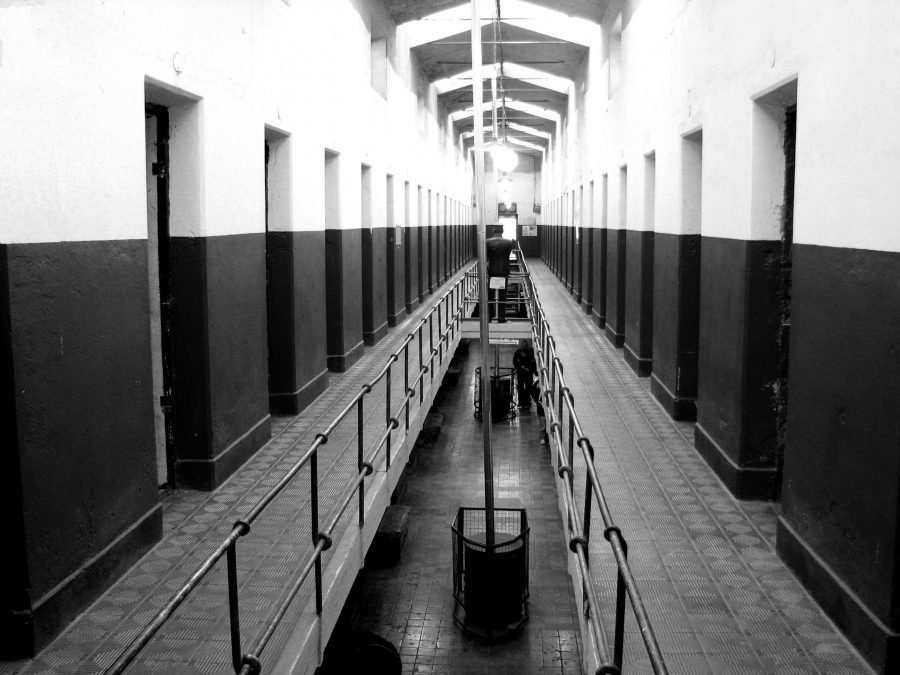

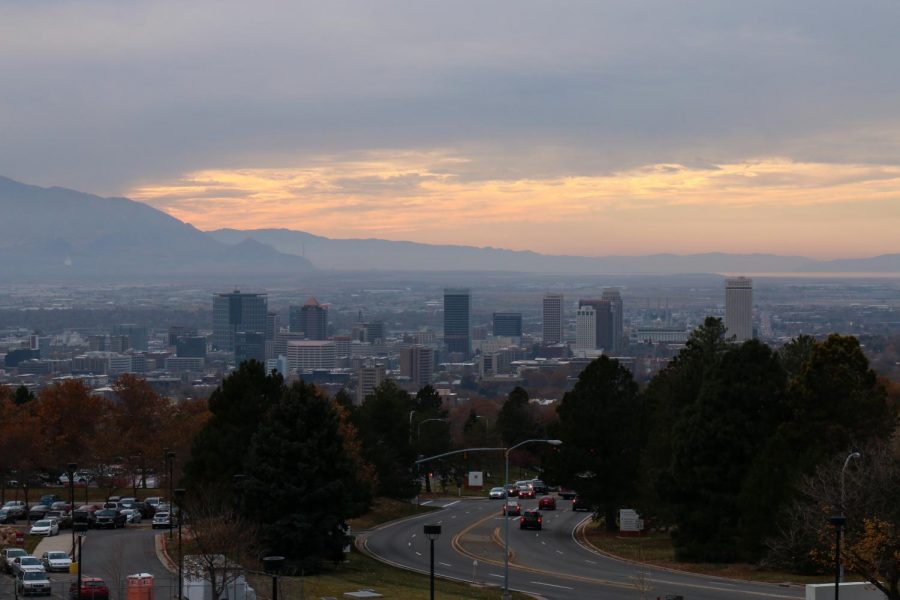
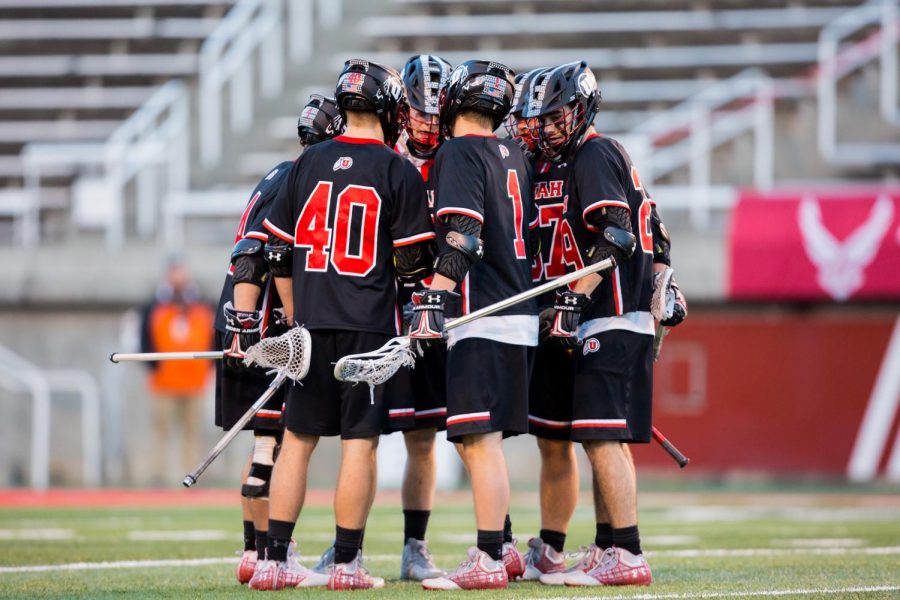
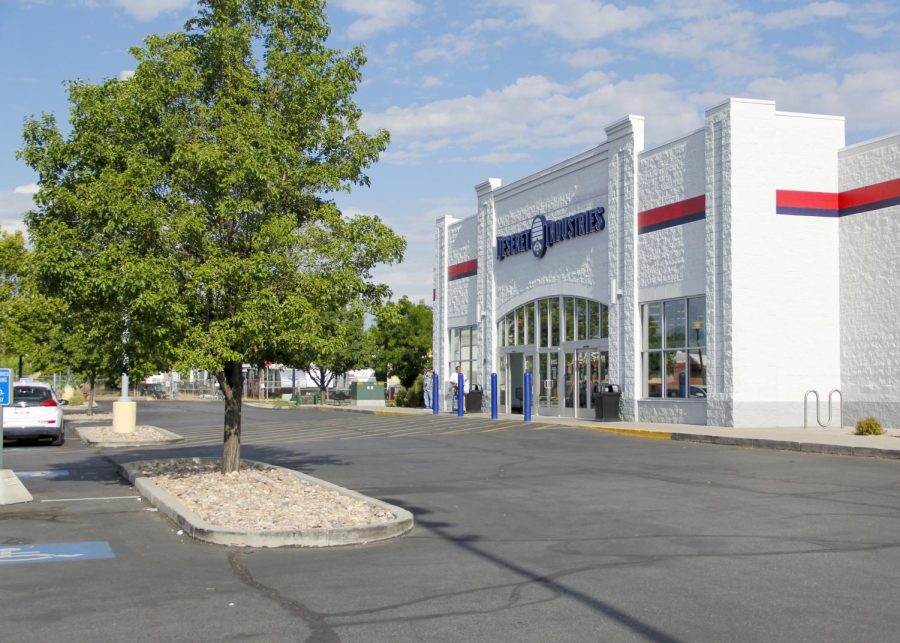

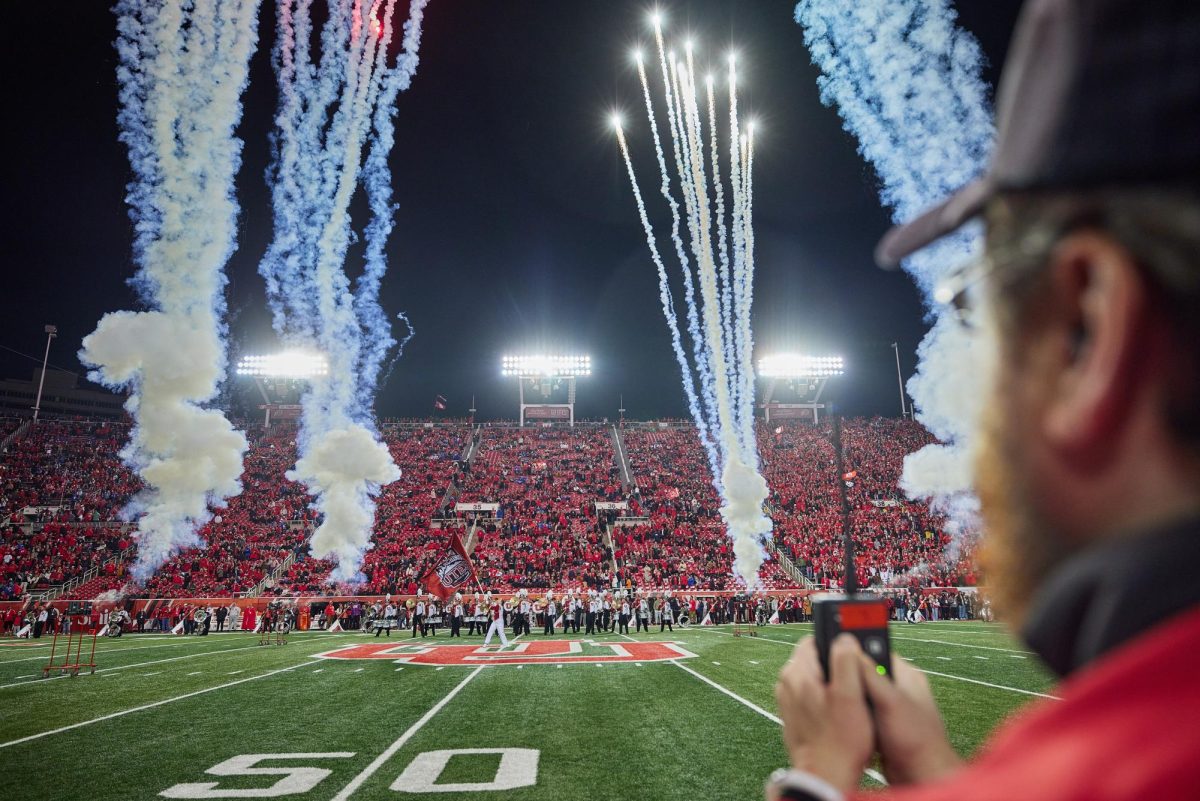




Jim Rose • May 28, 2021 at 8:40 am
Penetrating article.
What legislation would help bring about a more accountable process?
I’m working with the Maryland Alliance for Justice Reform (ma4jr.org), and looking for solutions.